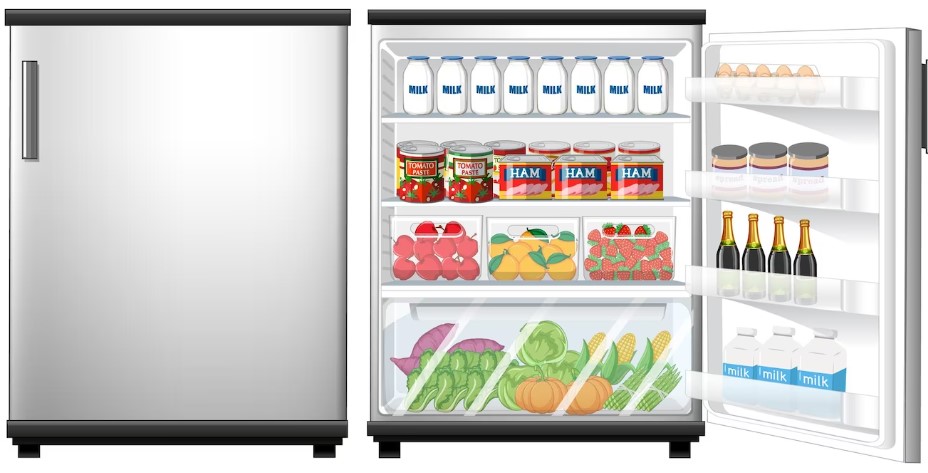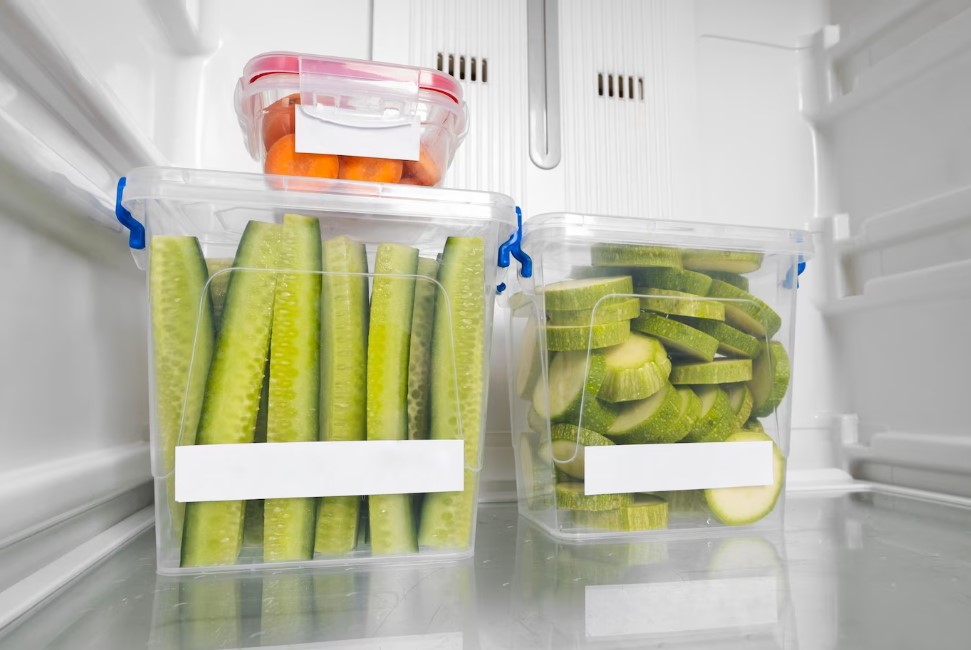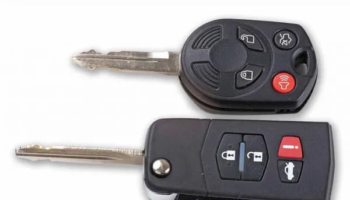Are you tired of finding your fresh food frozen in your refrigerator? Freezing food is a common problem that many people face with their refrigerators, but it can lead to food waste and frustration. In this article, we’ll explore the causes of this issue and provide solutions to prevent it from happening.
Why is Your Refrigerator Freezing Food?
There are several reasons why your refrigerator freezing food might be freezing your food:
1. Damaged Thermostat
The thermostat is responsible for regulating the temperature inside your refrigerator. If it is damaged or faulty, it may cause the temperature to drop too low, leading to frozen food. Check your thermostat and make sure it is functioning properly.
2. Blocked Airflow
If the airflow is blocked, it can cause cold air to accumulate in one area, leading to frozen food. Make sure that there is enough space between items in your refrigerator to allow for proper airflow.
3. Faulty Door Seal
If the door seal is not functioning properly, it can allow cold air to escape, causing the temperature to drop too low. Check the door seal and ensure that it is properly sealed.

4. Dirty Condenser Coils
Dirty condenser coils can cause the compressor to work harder than necessary, leading to frozen food. Clean the coils regularly to ensure that they are functioning properly.
How to Prevent Food Freezing in Your Refrigerator
Now that you know the causes of a refrigerator that is freezing food, here are some solutions to prevent it from happening:
- Adjust the Temperature: Check the temperature settings on your fridge and adjust them accordingly. The ideal temperature for a refrigerator is between 37-40°F (3-4°C).
- Check the Thermostat: If the thermostat is damaged, replace it with a new one.
- Rearrange the Contents: Make sure that there is enough space between items in your refrigerator to allow for proper airflow.
- Check the Door Seal: If the door seal is damaged, replace it with a new one.
- Clean the Condenser Coils: Clean the condenser coils regularly to ensure that they are functioning properly.
- Monitor the Humidity: High humidity levels can contribute to food freezing in the refrigerator. Use a dehumidifier or open containers of baking soda to reduce humidity levels.
Conclusion
Freezing food in your refrigerator freezing food can be a frustrating problem, but with the right solutions, it can be prevented. By understanding the causes of a refrigerator that is freezing food and following the tips provided in this article, you can ensure that your food stays fresh and unspoiled. Remember, a well-functioning refrigerator is essential for keeping your food safe and healthy.






